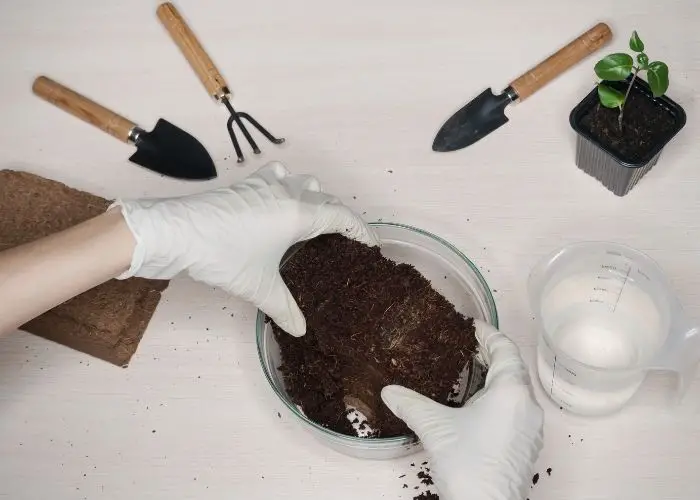
 3
3





Tony Manhart is founder and editor in chief at https://www.gardeningdream.com/, https://indoorgardentips.com/. Tony’s enthusiasm and rich experience in all things related to growing plants have led him to share his abundant knowledge with gardening aficionados
 3
3




 2
2




 6
6




Visit Redhawk's soil series: https://permies.com/wiki/redhawk-soil
How permies.com works: https://permies.com/wiki/34193/permies-works-links-threads
 1
1




Jay Angler wrote:Coir has it uses, certainly. However, unless you can grow coconuts in your eco-system, it seems to me that this resource would be best used on the farms that are producing the coconuts to maintain their soil. Many of those farms are already using the coconuts themselves as a cash crop with all that nutrient leaving the farm forever. Keeping nutrients cycling within a community may be critical for long term soil/community/planet health.
Yes, it is a "waste stream" product - but in nature, nothing is a waste. Many of the same effects can be achieved with leaf mold at the garden level, and punky wood in the bottom of pots or raised garden beds. I do admit that I add some coir to my seed-starting mix where a single block will last me several years, as its moisture buffering characteristics are very helpful there and I start seeds for two disabled friends as well as for my own homestead.
“So I'm lightin' out for the territory, ahead of the scared and the weak and the mean spirited, because Aunt Sally is fixin’ to adopt me and civilize me, and I can't stand it. I've been there before.”
 2
2




Joshua States wrote:Good points and well taken. I have a challenging situation living in the desert, where my vegetable garden is basically a semi-contained collection of non-native and potentially invasive species. Leaf mold or mulch is unavailable, punky wood collected from the surrounding area is taking much needed nutrients from the desert, (and somewhat illegal in certain cases), and I grow everything in containers, because the native soil is not suitable for common food crops unless some pretty drastic measures are taken. Where do we draw the line? Developing agriculture was probably the defining moment in the development of civilization. People have been taking stuff from one area and using it in another area for millennia. The idea of keeping the local ecosystem contained and self-sustaining is great, but when you want something that isn't native, you have to either import that item, or grow it yourself and that may mean importing stuff from elsewhere to make it happen.
Visit Redhawk's soil series: https://permies.com/wiki/redhawk-soil
How permies.com works: https://permies.com/wiki/34193/permies-works-links-threads

 1
1




- Tim's Homestead Journal - Purchase a copy of Building a Better World in Your Backyard - Purchase 6 Decks of Permaculture Cards -
- Purchase 12x Decks of Permaculture Cards - Purchase a copy of the SKIP Book - Purchase 12x copies of Building a Better World in your Backyard

|
LOOK! OVER THERE! (yoink) your tiny ad is now my tiny ad.
permaculture bootcamp - gardening gardeners; grow the food you eat and build your own home
https://permies.com/wiki/bootcamp
|


